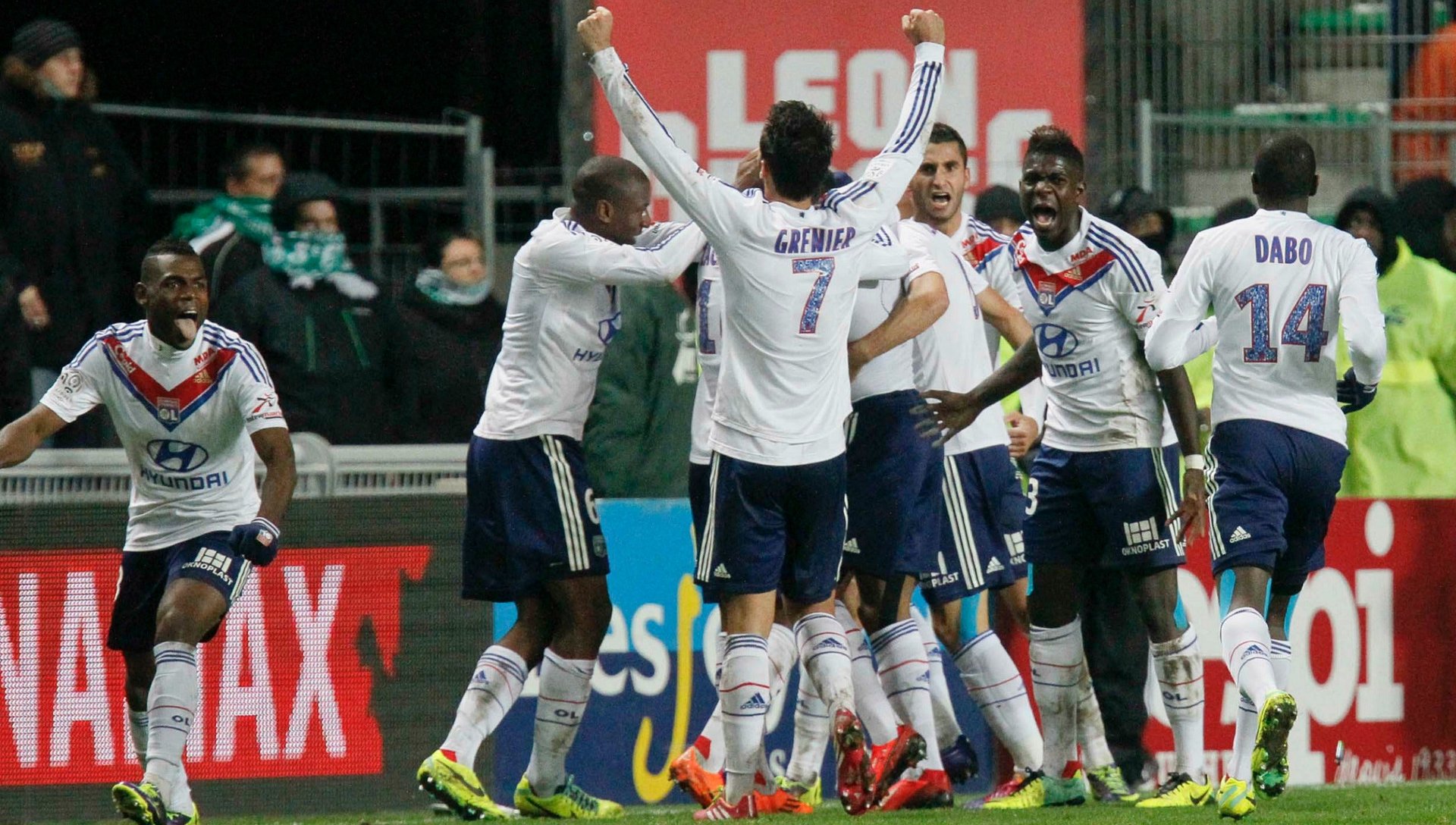Thanks to Hollande’s political plays, French football clubs face a whopping €44 million-tax increase
French president Francois Hollande’s ace in the pack was supposed to be a 75% super-tax on the wealthy, but this faces opposition from a most powerful interest group: France’s football clubs.


French president Francois Hollande’s ace in the pack was supposed to be a 75% super-tax on the wealthy, but this faces opposition from a most powerful interest group: France’s football clubs.
Originally, Hollande’s tax was to be levied on individuals earning an annual salary of over €1 million ($835,000) and was to last for two years. In December 2012 this plan was ruled illegal by the country’s constitutional court. Mindful of the fact that the tax was a cornerstone of the president’s election campaign, the government quickly redrafted it and shifted its focus from employee to employer. This means that companies will be responsible for paying a tax rate of 75% on their employees’ earnings above the €1 million mark.
The loudest dissenting voice has come from the football community, where around 120 players and 14 teams in France’s top division, Ligue 1, are thought to be affected. The clubs’ tax bills are set to rise by €44 million a year. In response, the Union of Professional Football Clubs (UCPF) described the tax as “unfair” and “discriminatory” and called a strike for Nov. 29 to Dec. 2.
Are the clubs deserving of any sympathy? The case against argues that although clubs have tightened their belts since the global financial crisis, the sums of money that are still spent on players feels less morally defensible than in the halcyon days of the 2000s. And French clubs cannot claim to be any better run than those in England or Spain. According to the UCPF, clubs in Ligue 1 have recorded a cumulative loss over the past three seasons of €303 million. A greater tax burden could force them to get their houses in order.
However, as French taxes are already higher than the equivalents in Germany, Italy and England, clubs are already forced to pay more than their European rivals to attract in-demand players. The existing top income tax rate in France is 45%, which applies to income over €70,830, but rises to 49% on wages over €500,000. This compares with 43% in Italy at €75,000 and 45% in the UK at €177,000. Alongside these rates, the 75% tax looks anomalous. The UCPF also claims that its members spend €130 million a year supporting amateur football, and that their existence props up a supply chain that employs 25,000 workers. The clubs argue—with some justification—that Hollande’s legislation amounts to unfair retroactive taxation, as contracts were signed with their players before the tax increase was announced.
Ethics aside, the policy is bad economics. It was conceived as a headline-grabber during Hollande’s election campaign, a startling way to burnish his left-wing credentials. The government estimates that the tax will generate between €100-300 million, a drop in the ocean when compared with the public debt stock of almost €2 trillion. Should clubs go bust under the pressure, or one of two of the biggest-earning players leave for a less hostile environment, the total tax take from football could shrink. It is a political stunt, not economic policy.
To compound matters, France’s richest clubs will be either immune or exempt from the tax. In the past two years French football has been turned upside down by the purchases of Paris Saint-Germain by the Qatar Investment Authority and AS Monaco by a Russian billionaire, Dmitry Rybolovlev. Both sets of owners have lavished funds on their new teams; consequently, they now sit first and second in the league. (In the 2013 transfer window PSG and Monaco spent around €250 million on new players; the other 18 teams in Ligue 1 forked out just €40 million.) PSG’s owners can afford to comply with the new tax without halting their spending, while Monaco compete in the French league without having to pay any tax to metropolitan France at all, under the laws that governing the principality. This means that the greatest burden from the tax will be felt by Lyon and Marseille, the third- and fourth-largest clubs. And, regretfully, it is these clubs that the league most needs to thrive, in order to prevent it from becoming a Parisian-Monegasque duopoly.
Hollande has, at least, kept the public on his side. According to one poll, more than 80% of respondents thought the strike was unjustified. Whether the president’s support holds after a weekend with no football remains to be seen.